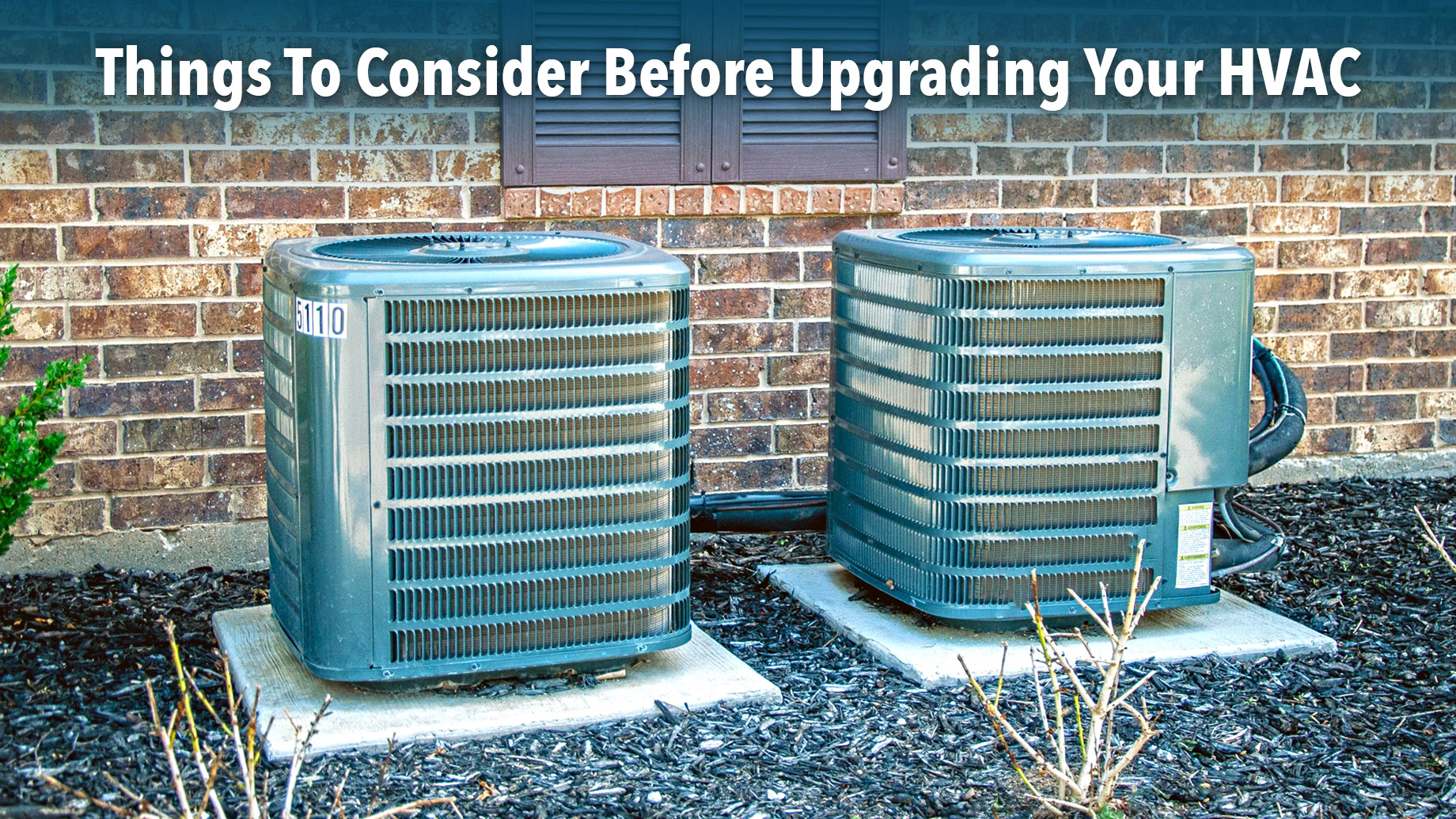
HVAC is a popular phrase, and most consumers have a broad notion of what it means. What, on the other side, does HVAC stand for? And how does it relate to your house? HVAC is actually an abbreviation of three words:
- Heating
- Ventilation
- Air Conditioning
HVAC refers to the many devices used to circulate air throughout the interior and outdoor spaces and dissipate heat in both residential properties and commercial spaces. They are the mechanisms that make you feel comfortable and toasty in the winter and cool and invigorating in the summer. They are also machines that purify and cleanse indoor air in order to keep you healthy and moisture levels at optimum comfort levels. If you are currently thinking about upgrading your HVAC system, please read this article to consider the two factors mentioned below before upgrading your system.
The Highway HVAC Services & Remodeling Group provides you with all the efficient solutions in this regard. If you need HVAC services for your home or office space, feel free to contact them for all-around support.
- Choose the system wisely: The most efficient components for most Americans combine a natural propane furnace for heating and an electronically controlled unit for cooling. El Paso County homeowners always consult with HVAC services, which suggests assessing personal needs before finalizing a system. However, an air-source heater may be the best option if you live in a temperate region. Go to the United States Department of Energy’s Choosing and Upgrading Heating and Cooling page for further information.
It may be possible to replace simply the thermostat or air conditioner instead of installing a full new system. However, changing components isn’t always the greatest solution, particularly if your system is many seasons old; the old and new components may not function well with each other. If you replace everything at once, you’ll save a great deal of money on manpower.
- Size matters: Getting a more effective system is a terrific idea, but resist the urge to acquire a bigger system than you require for your floor space. A system built for a larger house may not function properly and may actually make your home less comfortable since it switches on and off frequently. Your HVAC system also functions as a dehumidifier.
Condensation and fungus development can occur in your home due to the combination of cooler surfaces and wetter air. An enormous unit will chill the home too rapidly and shut down too soon, resulting in airflow that isn’t entirely dehumidified. If mold spreads to walls or joists, you might be looking at a hefty repair price.
Hopefully, this article was helpful in the assessment of an HVAC system. Although there are many different types of HVAC systems, those work with the same fundamental components. First, there is an intake of fresh air from outside or inside the residence. This is referred to as ventilation, and it occurs in two ways. Most houses have natural light and ventilation, which refers to a process of air flowing into and out of windowpanes, doors, vents, and other spaces. This air exchange is required to resupply oxygen while also removing smells, carbon dioxide, and high humidity.